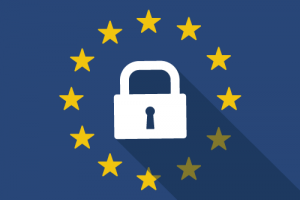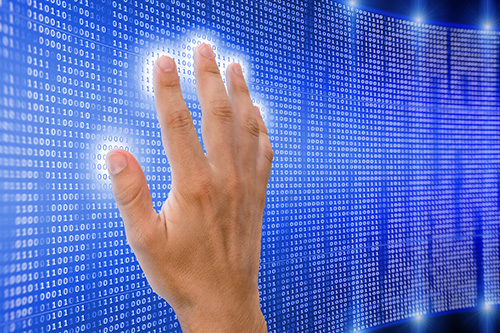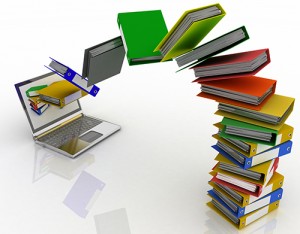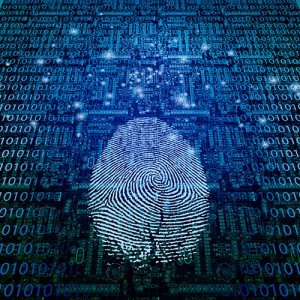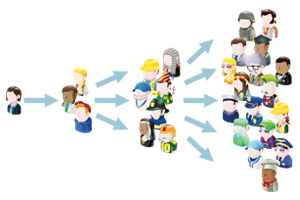 I have been thinking about changes in education. Some are due to technology advancements, but some are from social changes as we discover new ways of teaching and learning. This blog post will explore some of those trends and how we might take advantage of shifts to improve higher education.
I have been thinking about changes in education. Some are due to technology advancements, but some are from social changes as we discover new ways of teaching and learning. This blog post will explore some of those trends and how we might take advantage of shifts to improve higher education.
Information At Your Fingertips
Scott Miller, PhD, president of Wesleyan College, said in an article: “Some faculty voice concerns that the prevalence of information has negated the inclination to learn it.” Some may see improved information access as a threat to their teaching but I think we can use it to our advantage to improve the learning process. I liken this new information availability to the introduction of the printing press. Before then, students relied primarily on their instructors who could read the few texts that were available. Teachers guarded the writings so they alone could dispense knowledge. Written texts were laboriously copied by hand. After the advent of printing, there were more texts available so the general population could learn to read and could synthesize the information for themselves and draw their own conclusions.
In 2016, information is available at our fingertips through smart devices and the internet. My students and I have access to the same information, so my responsibility is to create the learning space and pose questions that will prompt further learning. We share the task of gathering information so that we can synthesize it through discussions into knowledge or even wisdom. Rather than feeling threatened by this, I believe it frees us to focus on ideas and insights.
Experiential Learning
Some disciplines still require experience to fully synthesize information into understanding. Chemistry students can read about the reaction of two mixed chemicals but it’s not the same as personally experiencing the outcome. Civil engineering students can read about load calculations and design principles but until they experiment with models and see the resulting success or failure, do they really understand the principles and can they apply them to real designs? Disciplines that require experiential learning will still need a classroom with the materials to experiment with. But are there other ways to augment classroom learning?
Many employers have onboarding programs to welcome and train new employees. Some of these programs are extensive, lasting weeks, if not months. Would it not be more efficient to shorten the onboarding process and instead bring students in earlier as part of a hands-on expanded internship? I believe that since we now have so much valuable information available to students and faculty, we can be much more efficient in how we use that information. With the time created by that efficiency, students should be able to apply that knowledge in a real world setting. Students would win valuable experience and potential employers could hire employees with advanced thinking skills and practical experience.
Thoughts
We can take advantage of greater information access by making learning more efficient and effective. At the same time, students take a greater part in their learning and can apply that experience to a successful career. Those are my thoughts but I would love to hear from you.
Kelly Brown is an IT professional and assistant professor of practice for the UO Applied Information Management Master’s Degree Program. He writes about IT and business topics that keep him up at night.


